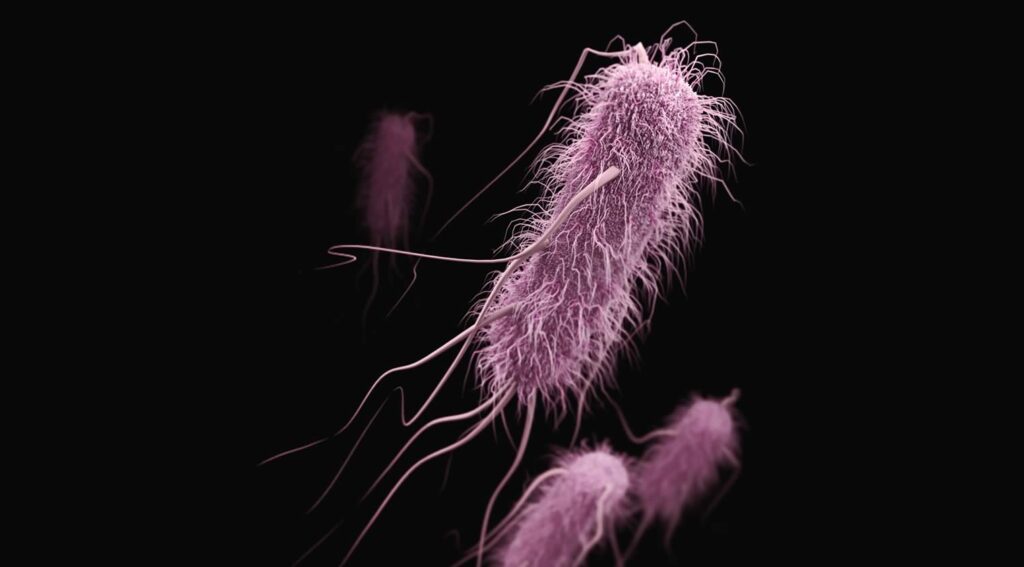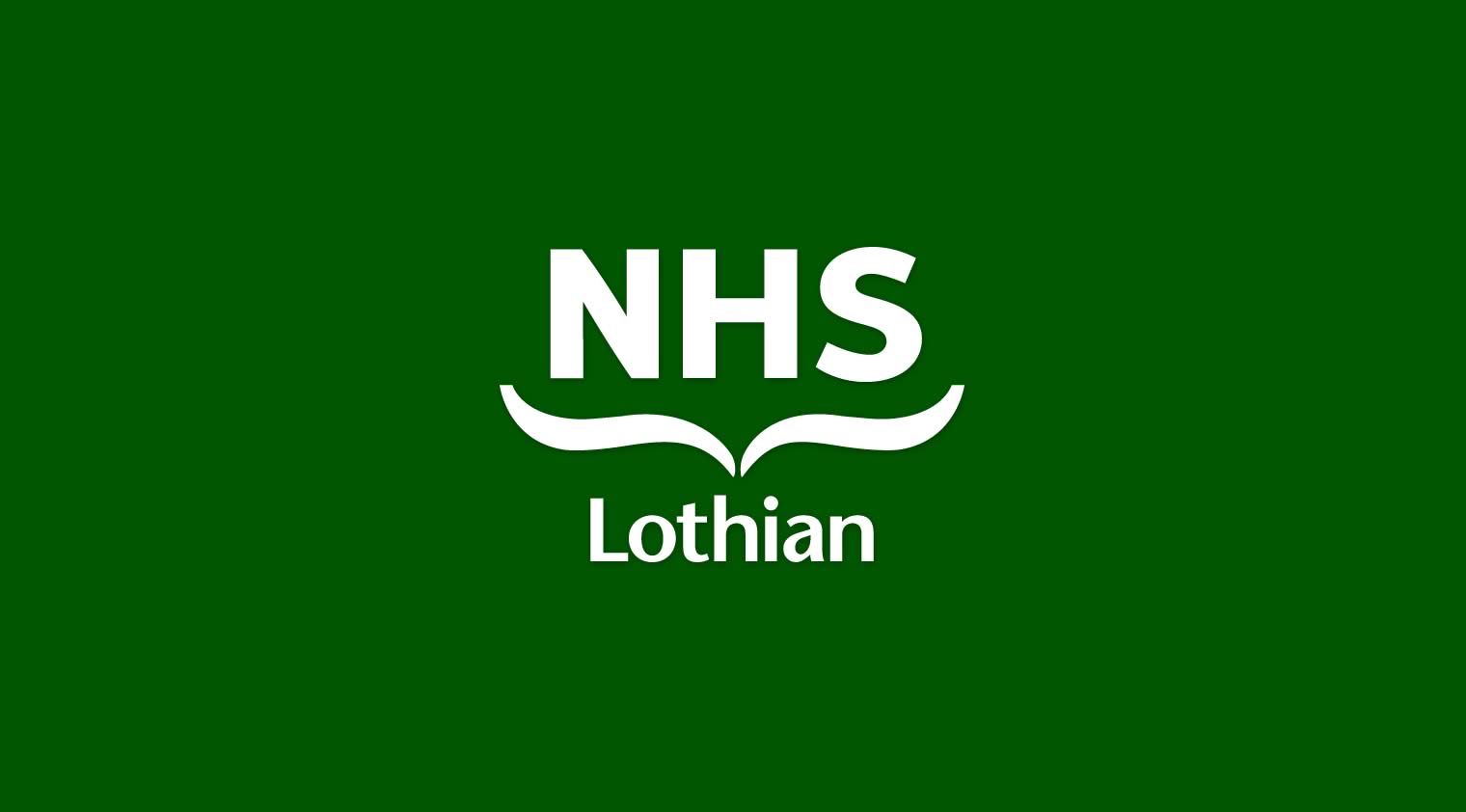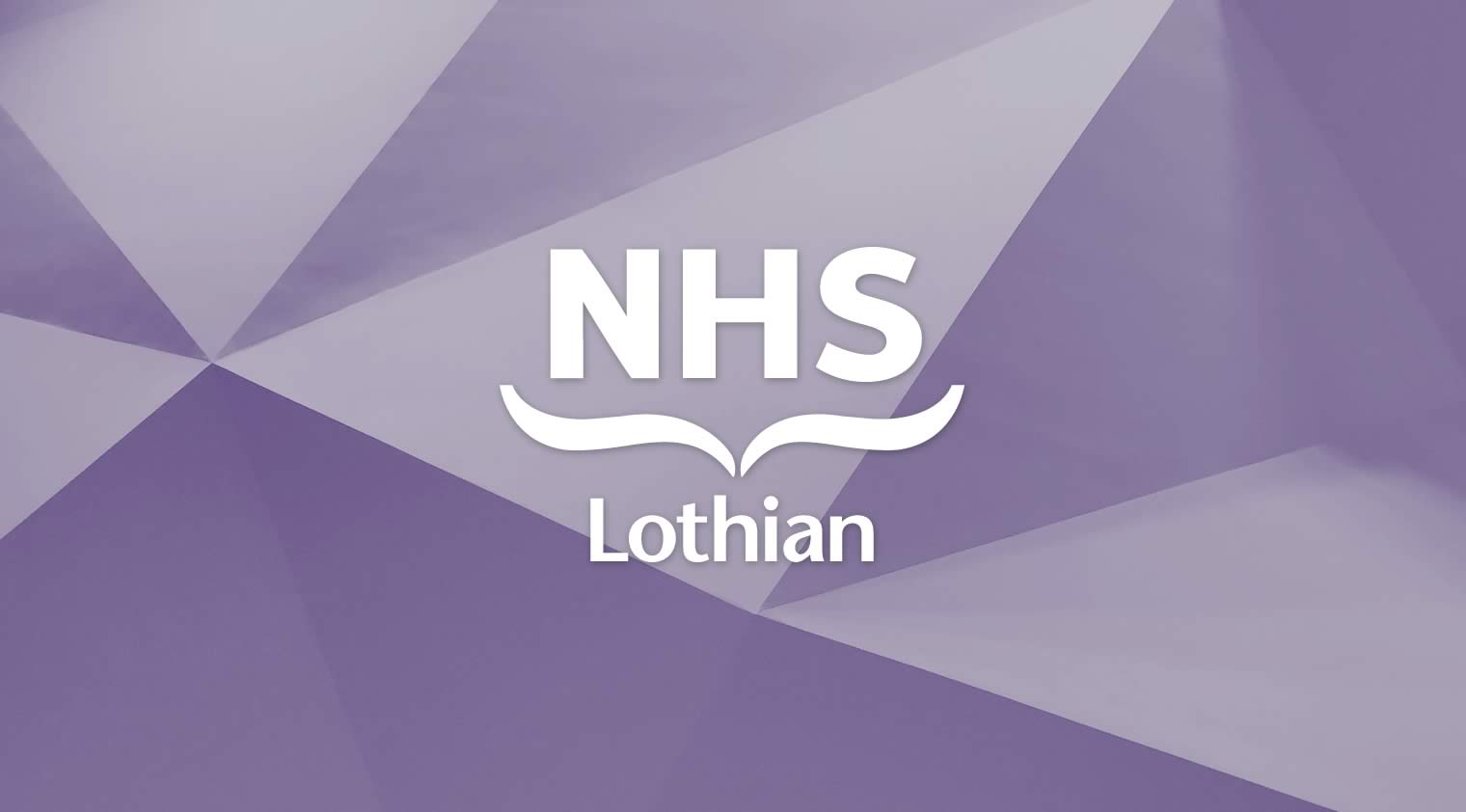Background
A cluster of cases of E-coli has been linked to nurseries in East Lothian. There are currently more than 50 confirmed cases. All children and staff at nurseries with confirmed E.coli were formally excluded under the Public Health etc. (Scotland) Act and are going through a clearance process to ensure they have cleared the infection.
Compensation
Q. During the E. coli outbreak in Haddington and Musselburgh my child was unable to attend nursery. Can I claim compensation?
A. If your child was unable to attend nursery, and this was a result of NHS Lothian Health Protection Team action, then you can submit a claim for compensation. This is covered by the Public Health etc. (Scotland) Act 2008 and is designed to protect people affected by such an outbreak.
You can submit a claim for compensation if:
- You were charged nursery fees while your child could not attend
- You needed to take time off work to provide care for your child/children while they were asked to isolate and had loss of earnings as a result.
- If you did not receive your full pay from your employer because of Health Protection Team actions to control the outbreak. This also applies if your child was still excluded by the Health Protection Team after the nursery reopened.
Compensation is based on net pay, not gross pay.
The nurseries affected were:
Haddington Pear Tree Nursery Church Street (closed 2 August 2022, reopened 29 August 2022)
Haddington Pear Tree Nursery Meadowpark (closed 12 August 2022, reopened 31 August 2022)
Haddington Pear Tree Nursery West Road (closed 16 August 2022, reopened 12 September 2022)
Musselburgh Private Nursery Bridge Street (closed 19 August 2022, reopened 15 September 2022)
Musselburgh Private Nursery Stoneybank (closed 26 August 2022, reopened 14 September 2022)
Please complete the compensation form here:
Alternatively, if you do not have internet access or a printer, you can request a copy of the form by phoning the Health Protection Team on 0300 790 6264.
See Section 57 of Public Health etc. (Scotland) Act 2008
https://www.legislation.gov.uk/asp/2008/5/section/57
Q. I am self-employed and lost earnings as a result of taking time off work to look after my child during the outbreak. Can I claim compensation?
A. Yes, if you are self-employed, and your child was unable to attend nursery, and this was a result of NHS Lothian Health Protection Team action, then you can submit a claim for compensation.
You will need to complete the self-employed section on the compensation form. Please provide evidence of your earnings in the 12 weeks prior to the point you had to take time off for the outbreak. This will allow calculation of average earnings lost.
Q. When the nursery was closed, but my child was no longer excluded by the Health Protection Team, I sent my child to a child minder. Can I claim compensation for child minder fees?
A. If you are claiming child minder fees then you cannot claim for lost earnings over that period as we are assuming that you were still able to work as a result of using a childminder. If the nursery was closed over that same period and you had to pay the fees, you can include nursery fees in that compensation claim.
Q. When my child was excluded from Nursery they could not attend swimming, rugby or another club which they would normally attend and which was already paid for. Can I claim compensation for these fees?
A. If your child was unable to attend a regular club (swimming, rugby etc.) due to exclusion and you had to pay the club fees, you can include the club fees in that compensation claim for assessment.
Q. I work at one of the nurseries affected by the E. coli outbreak in Haddington and Musselburgh and lost earnings as a result. Can I claim compensation?
A. Yes; if you were unable to work at one of the affected nurseries, and this was a result of NHS Lothian Health Protection Team action, then you can submit a claim for compensation for any salary you did not receive.
This does not apply if you were fully paid by your employer. If you were partially paid by your employer, you can apply to be compensated for any lost earnings.
Q. During the E. coli outbreak in Haddington and Musselburgh my child was unable to attend school. Can I claim compensation?
A. If your child was unable to attend school, and this was a result of NHS Lothian Health Protection Team action, then you can submit a claim for compensation. This might arise, for example, if
- your child had just finished nursery and moved to primary 1 in August 2022
- a younger sibling attended one of the affected nurseries
- or if your child had contact outside the nursery with a child affected by the outbreak.
You can submit a claim for compensation if you were charged school fees (but please note you can only claim for direct loss), or if you lost earnings while you were looking after your child during the period in question.
Q. I do not agree with the outcome of my compensation claim. What should I do?
A. If you do not agree with the initial decision about compensation, you should contact the patient experience team on feedback@nhslothian.scot.nhs.uk. Feedback will be forwarded to the Health Protection Team and a single arbiter will be identified and appointed by agreement between NHS Lothian and you as claimant. If such agreement cannot be reached, the decision will be made by a sheriff.
Q. I don’t have any evidence of lost earnings or nursery fees that have been charged following nursery closure or exclusion.
A. Claims cannot be processed without appropriate evidence. You should contact your workplace or nursery for details about lost earnings or fees incurred. If you are self-employed then you will need to provide evidence on earnings for the previous 12 weeks.
General Questions
Q. What are the main symptoms of E.coli?
A. E.coli can cause:
- Nausea
- Vomiting
- Stomach pains
- Diarrhoea
- Bloody diarrhoea
- Fever
Q. Why is E.coli so serious?
A. Infection with this bug can have a range of effects from mild diarrhoea, to bloody diarrhoea and in a small number of cases it can cause serious complications such as kidney failure. Complications are more common in children aged under five or the elderly.
Q. Where does E.coli infection come from?
A. This bug can come from a variety of places:
- It is carried by some healthy animals such as cattle. It can be picked up from contact with animal poo in the environment.
- Eating food which has not been properly cooked
- Eating fruit or vegetables which have not been properly washed
- It can live in unpasteurized milk or in contaminated water
- E.coli can also be passed on from someone who is infected with the bacteria.
Q. How is E.coli spread?
A. The infection can be spread from person to person in families, nurseries or other settings when tiny amounts of poo from an infected person is somehow swallowed by another person (faecal-oral route). It can also be spread through contaminated food, water or from environmental contamination, including animal parks and gardens.
Q. How can E.coli be prevented?
A. Careful hand washing with soap in warm, running water after going to the toilet, before preparing food and after contact with animals or farm environments can stop the spread of E. coli. Handwashing after nappy changing is very important, as well as regular cleaning of surfaces.
Good food hygiene is also essential. Cook all meat products thoroughly, wash all salads, fruits and vegetables before eating, and keep raw and cooked food separate as well as using separate chopping boards and kitchen tools.
Q. My child has confirmed E coli infection. Will they get better, and when?
A. Before your child can go back to a nursery or a school setting they need to be completely free of infection. In some cases, this can be several weeks after the illness is discovered. Repeat stool (poo) samples are needed to show the child has cleared the infection.
It is extremely important that your child does not attend any childcare settings until you are told directly by the Health Protection Team that they are free of infection. In a small number of cases, complications may happen and these children will be monitored extremely carefully in hospital.
Q. Should I take any special cleaning precautions at home as I have young children?
A. The main action to prevent the spread of diarrhoeal illness is good hand washing with soap under warm, running water, after using the toilet, nappy changing and before eating.
Wipes may not be anti-bacterial, so always wash hands with soap and water after nappy changing.
Alcohol gel should only be used if soap and water is not available. It is only effective on visibly clean hands.
Surfaces should be cleaned using warm water and detergent and dried with paper towels. Bleach or other household disinfectants can be used on surfaces depending on manufacturer’s recommendations.
Q. Has the source of E.coli in this outbreak been identified?
A. At this time, no definite source of E.coli has been found. Investigation is ongoing.
When an outbreak like this happens, many professionals with different expertise including public health, environmental health, microbiology, education and others come together to form an Incident Management Team (IMT). During this outbreak, the IMT with the help of Public Health Scotland have been trying to work out where the infection started by looking at the pattern of disease in the population. This work will continue to try to identify the source.
Q. When will reports be shared with the public?
A. The full and thorough investigation of an outbreak can take many months. It is standard practice for investigation reports to remain confidential while the investigation is ongoing. When the incident is over and investigation is complete, a public-facing report will be available. If you are interested in the epidemiological investigation of outbreaks more generally, information is available here.
Q. My child has been at home for a significant period of time, missing childcare and/ or school and I’m really struggling. What support is available?
A. We appreciate this can be an intensely stressful time for families, especially with pre-school children. If you feel you need additional support at this time we would encourage you to get in touch with your Health Visitor. The East Lothian Health Visitor Team have been informed about the situation and are able to provide support to affected families. If your child is school age, then you should talk to the school or East Lothian Council to explore options for further support.
Q. My child has confirmed E.coli and I have been excluded from my own work. When can I go back?
A You have been formally excluded from your work because you are a contact of a case of E.coli and work in a risk group. You will need to give in two stool samples taken at least 24-hours apart to your GP, which both need to test negative before you can return to work. The Health Protection Team will advise you further on this.
It is extremely important that you do not go back to work until you receive direct communication from the Health Protection Team saying that you can return. This is to reduce the risk of any further spread. You may be eligible for compensation for loss of earnings, please refer to the section on compensation on page 1.
Q. My child has confirmed E.coli infection but is well and we are due to go on holiday.What should we do?
A E.coli can be spread by infected children to other people, even if they have no symptoms. It is recommended that you do not go on holiday until your child tests negative, and the Health Protection Team has told you this result.
Q. Can my child socialise with any other people or families?
A. No. E.coli can be spread by infected children to other people, even if they have no symptoms. Your child should not be socialising with other children or families outwith those who normally live in your household until you are told by Health Protection that they are no longer testing positive for E.coli. This precaution is needed to prevent any chance that the bug could be spread any further.
Formal Exclusion
Q. Why is a person excluded under the Public Health etc. (Scotland) Act 2008?
A Exclusion or restriction from work, school or nursery under the Public Health etc. (Scotland) Act 2008 is applied when a person has an infectious disease or has been in close contact with someone with an infectious disease and when there is considered to be a risk that this disease could be passed on to other people.
Q. Who can be excluded?
A. Children under the age of 10 are excluded under the Public Health etc. (Scotland) Act when they have been diagnosed with an infectious disease that could be spread to others. Other children aged 10 or under who are close contacts of the infected child may also be excluded, as well as household contacts who work in a “risk group” – for example food handlers, and health and social care workers. Health Protection will decide whether this is necessary.
Q. Where/what is a person excluded from?
A. Children who are excluded under the Public Health etc. (Scotland) Act should not attend nursery, school or childcare facilities for the duration of the exclusion. Your child’s nursery/school/childminder will receive a letter to inform them of the exclusion; this will not include specific details of your child’s diagnosis.
Adults in risk groups (e.g. food handlers, health and social care workers) who are excluded should not attend work.
In addition to exclusion for nursery/school, there are other activities that may be linked to possible spread of infection to vulnerable groups of people and should therefore be avoided.
Examples of activities and places to avoid during exclusion are:
- Swimming
- Soft play facilities
- Children’s parties /crèches / playgroups / toddler groups / nurseries / after school clubs
- Sports clubs
- Other gatherings of children
- Contact with children under the age of 10 years who are not part of your household
Q. What happens next?
A. You may have initially been told about your child’s infectious disease by your GP, an Environmental Health Officer, a doctor at the hospital or by the Health Protection team. Exclusion under the Public Health etc. (Scotland) Act is the responsibility of a Consultant in Public Health. Should you need further advice or information please contact the Health Protection Team.
Your child’s exclusion can be lifted when they have been formally cleared of infection. Clearance requires testing of stool samples, which you give to your GP surgery. Your child’s first sample can be submitted 48 hours after their last episode of symptoms. Samples should be collected at least 24 hours apart, and 2 negative samples in a row are needed to show that your child is free from infection.
Once the Health Protection Team has received the results of samples and confirmed that your child’s exclusion can be lifted, we will inform you by telephone and in writing. Your child’s nursery/school will also be informed.
Q. Once my child has had their exclusion lifted, can their excluded siblings also return to school/nursery?
A. We often need to check other children in a household have not become infected with E.coli before lifting their exclusion by testing their poo, even if they have never had symptoms of E.coli. If you have more than one child in the household please discuss the situation with the Health Protection Team before taking them back to school or nursery.
Q. Is there any financial help available if someone in my family has been excluded?
A. See section on Page 1 regarding compensation claims. Advice about financial support more generally has been produced by East Lothian Council.























